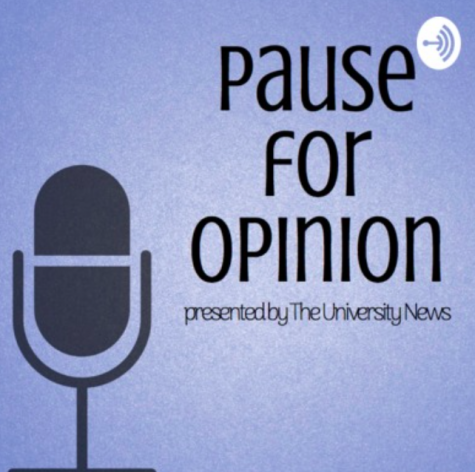
Alongside one of the most important U.S. Senate races of this election, Missouri voters will have a number of important decisions to make when they head to the polls on Nov. 6. Over the past year, activists have collected hundreds of thousands of signatures to put seven important questions on the ballot for Missouri voters to decide.
Three of these questions have to do with legalizing medical marijuana statewide, one has to do with (no joke) the advertisement of bingo games, another would raise the gas tax to pay for road building projects and Prop B would raise the state’s minimum wage to $12 an hour by 2023. The final ballot question is Amendment 1, or “Clean Missouri.”
First, Amendment 1 would limit the amount that individuals can donate to candidates for the state legislature to $2,000 for State House candidates and $2,500 for Senate candidates. This would mean that candidates would have to genuinely appeal to a large number of people in their community and earn their support rather than relying on a smaller number of donors with deep pockets. It would also implement measures to prevent people from circumventing these caps and other campaign finance rules, and prohibit political fundraising on state property.
Banning political fundraising on state property specifically would mean that incumbents (sitting legislators) would have a smaller advantage going into elections because they would no longer be able to use their presence in the Capitol to prepare for upcoming elections—aside from actually going to work for their constituents. In addition, incumbents are typically the most “creative” when it comes to getting around campaign finance rules, and Clean Missouri would ensure that these rules reflect the need to fight back against corruption—and that they are being followed.
Second, Amendment 1 would require that legislative records be made open to the public and that entities associated with the legislature adhere to the same open-records requirements as other government agencies. Currently, they do not. “The people” should have the right to know what their elected officials are up to, particularly when they’re working in the Capitol.
Third, it would prohibit legislators from becoming lobbyists for two years after they leave office. This is somewhat controversial. However, it cannot be ignored that most legislators who immediately become lobbyists after leaving office are able to do so because they were eager to accept donations from lobbyists and associated special interest groups when they were in office. This is classic corruption: if you vote the way I want, I’ll donate to your campaign and give you a cushy job corrupting whoever replaces you when you leave office.
This is also why Amendment 1 would ban lobbyists from giving gifts of any kind (greater than $5 in value) to sitting legislators, further ensuring that “The people” are the only constituency that legislators are accountable to.
Finally, and perhaps most importantly, Amendment 1 would change the way state legislative districts are drawn—effectively ending partisan gerrymandering in state politics. Instead of letting legislators choose their constituents, the responsibility of drawing new districts would be given to a nonpartisan civil servant employed by the state.
This “State Demographer” would be a Missouri resident qualified for the position and selected by the state auditor and leaders of both parties. They would be tasked with drawing legislative maps that do not purposefully dilute political or racial minorities, and that adhere to guidelines of fairness and promoting competitive elections. This would be extremely beneficial for Missouri voters who are tired of the establishment rigging the process against them, and this alone would very likely have a significant impact on the makeup of state government.
A vote for Clean Missouri is a vote for a more representative, more transparent and yes, cleaner state government that is more responsive to the wants and needs of Missourians, and which tells lobbyists and special interests to take a back seat.
“The people” should have the right to know what their elected officials are up to, particularly when they’re working in the Capitol.
Your donation will support the student journalists of Saint Louis University. Your contribution will help us cover our annual website hosting costs.





